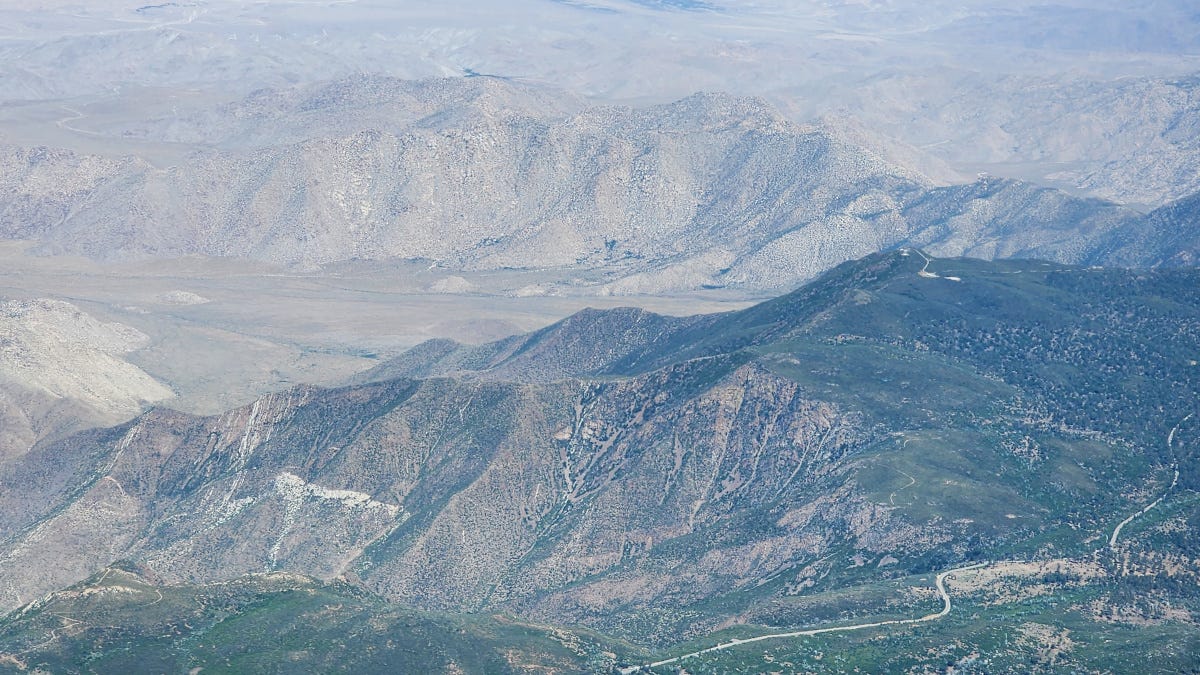Don't go it alone
On 911 dispatchers, apex predators, and the community property that keeps humans alive both as individuals and as societies
Three people -- two sisters and the 14-year-old son of one -- died in a national forest in Colorado after attempting to live "off the grid". Their attempt, apparently motivated by fears about the world and events far beyond their control, wasn't well-practiced or carefully resourced, despite offers of help from their own family members.
■ Human beings only survive via teamwork and cooperation. We're soft, our claws are brittle, and our fur is thin. But we have quick brains and can communicate better than any other apex predators, so our survival as a species and as individuals uniquely depends upon distributed thinking and collective memory. No one has to know everything; we store most of what we "know" outside our own heads, in books, videos, checklists, and the memories of others.
■ Laugh all you want about "YouTube knowledge", but the thing that makes us totally and completely different from every other species on Earth is that we can talk one another through virtually anything: A 911 dispatcher can guide the delivery of a baby, an air-traffic controller can radio a passenger to an emergency landing, and Julia Child can walk you straight through cooking boeuf bourguignon. Nobody doubts that dolphins and bonobos are very smart, indeed, but what they know isn't very scalable and it isn't very transmissible.
■ We are extremely hazardous for other species to be around, but that depends on our ability to work together and talk with one another. We survive through shared knowledge. That goes double for times of strain -- so abandon those hopes of surviving a "collapse of civilization" scenario. We're extremely fragile on our own, but we're immeasurably resilient when working together. Fortunately, our instincts generally bind us together; nothing brings us closer than trying to overcome an obstacle.
■ We can cooperate in all kinds of ways. For the most part, the best cooperation is free, voluntary, and uncoerced. And that is what takes the Colorado family's story from being tragic in the particular (three human lives were lost, after all, including a young person not old enough to decide his life for himself) to being tragic in the abstract.
■ If you're worried about something big like civilizational collapse, then the best response -- the only available response -- is to work to fix the civilization, not to run away from it. We cannot escape our connection to others. It is literally almost impossible to survive alone; your life belongs to you, but the knowledge required to keep that life is communal property. Our lives depend expressly upon our ability to work together.



